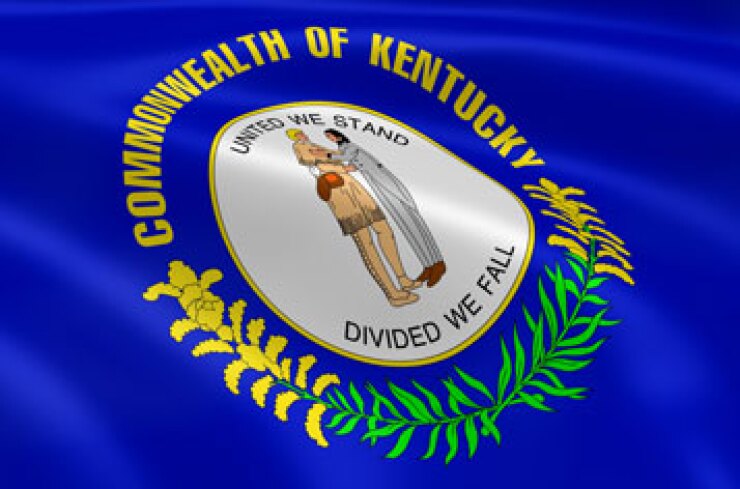
BRADENTON, Fla. – A recent ruling by the Kentucky Supreme Court saying it would not review a lower court decision that allows public library districts to assess property taxes is credit positive, said Moody's Investors Service.
On Dec. 10, the Kentucky Supreme Court denied a request to review an appellate court's action earlier this year that reversed two lower court decisions. The reversals upheld the library districts' ability to increase property tax revenues within certain limits to support their budgets without voter approval.
"The court's rejection of a motion for discretionary review is credit positive for 11 Moody's-rated districts because they will avoid major funding shortfalls by having to roll back property tax rates," Moody's analyst Nathan Phelps wrote Dec. 18.
Library districts in Kentucky depend on local property tax revenues to fund nearly all of their annual operating expenditures, according to Moody's.
In fiscal 2014, property taxes accounted for an average of 91.4% of the total operating fund revenues of the districts.
"If the state Supreme Court had reviewed and overturned the appellate court ruling, a rollback scenario would have cut library districts' property tax revenues by an average of 40%," Phelps said.
On March 20, the Kentucky Court of Appeals unanimously reversed two lower court decisions, enabling districts to continue increasing property taxes in a similar manner as cities, counties and other special districts.
The original lawsuits were filed by residents of Campbell and Kenton counties, both of which are rated Aa2 by Moody's.
The Kentucky Supreme Court let stand a prospective ruling by the appellate court that said those library districts that were created by a petition of the voters must obtain voter approval if the district plans to increase its property tax levy by more than 4% annually.
"A 4% increase of the property tax levy should be sufficient to cover growth of the operating budget under normal circumstances," Phelps said.
The Supreme Court ruling brings to a close several class action lawsuits that were filed in 2013, that at the time could have impacted 79 of 111 such districts throughout the state.





